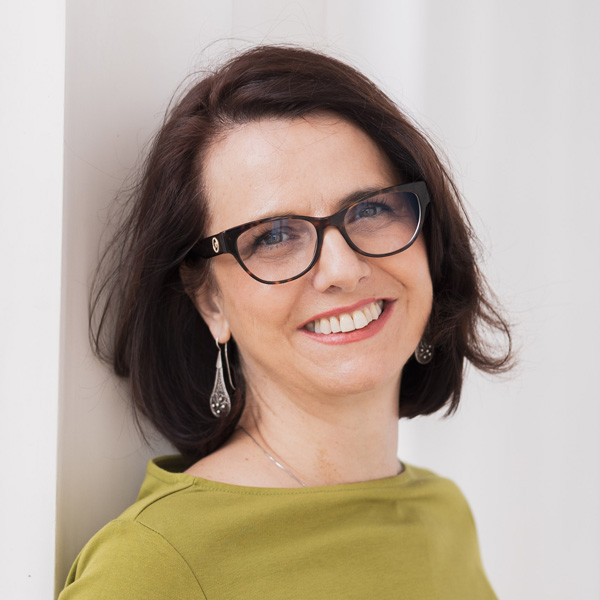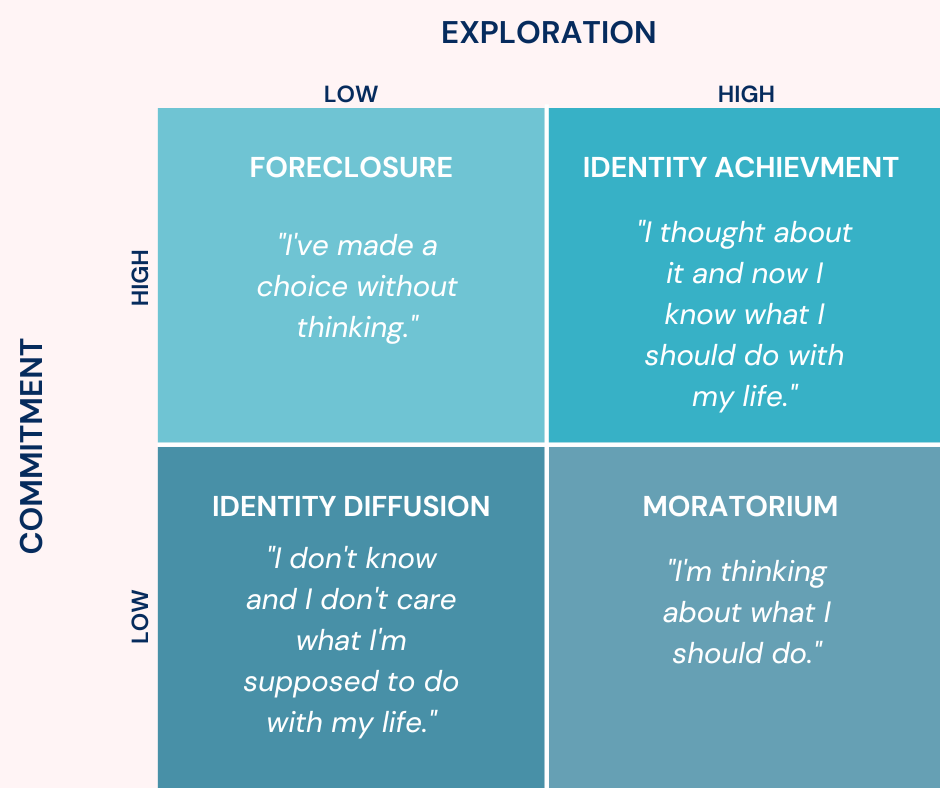When we realize we have the freedom to make decisions that shape our lives, including how we manage our time, it becomes easier to accept responsibility for our choices
BLOG
A path to yourself – Professional determination

Ida Protuger
RELATED
Does the flat organizational structure offer greater well-being?
We live in a time of intense change, where artificial intelligence and technological advancements are transforming the world overnight. This new reality is referred to as a BANI world, characterized as: Brittle Anxious Nonlinear Incomprehensible The BANI world...
Emotions and Leadership: Don’t suppress – learn how to express
Leaders are often burdened with negative emotions and unmet needs, just like everyone else. By mastering EI, particularly emotional regulation, leaders can promote a thriving, results-driven corporate culture.
What do I want to be or do in life? This is among the first questions children ask themselves when they become aware of the social world around them.
We used to think that the choice of profession or occupation we would make after finishing high school was a decision made once and for all.
In today’s intense changes, self-discovery and learning through experiences last a lifetime.
For example, when I graduated in psychology, I said psychologist when asked about my professional identity.
Then I got a job as a journalist, so I didn’t believe I would be anything else apart from being a journalist. When I came to Vienna, I explored and discovered utterly different aspects of myself. I connected all the experience and knowledge with new training, and now my professional identity is a life & business coach.
James Marcia’s Four identity statuses
Canadian psychologist James Marcia, analyzing the process of self-definition and identity formation, concluded that it develops through our choices in life and with exploration and commitment.
His theory is mainly applied to the professional determination of adolescents. In today’s dynamics of life and changes, the choice of what we call a profession is usually not set once and for all. Transitional crises occur when there is a significant change in the routine of life, such as moving to another country, changing jobs, or getting a new role (mother, pensioner, etc). These changes are frequent, and with it, so is identity rediscovery.
Marcia’s theory recognizes four identity statuses according to the criteria of commitment and exploration.
- Identity diffusion – where there is low commitment and a low degree of exploration. Descriptively, it is a state in which someone says: “I don’t know what I want to do, nor am I interested in what I will do in life.” An individual in this status is not actively searching for his professional identity.
- Moratorium – the status when there is a low commitment but a high degree of research. A statement description would be: “I don’t know what I want to do, but I’m exploring to see what I want.” Enrolling in a course, training, and reading specific topics of interest are research that leads to the definition of professional identity.
- Foreclosure is a status where there is a high commitment but low research. For example, “my father is a dentist, so I will be one too.”
- Identity achievement – where there is a high commitment and a high degree of research. When an individual has researched what they want, explored their strengths, gone through multiple experiences, and committed themselves to what he wants to do.

Personal resources are our knowledge, experience, talents, skills, and strengths. We do not test our potential because we fear losing the commodity from our comfort zone or self-doubt. Or, according to Marcia’s theory, we don’t investigate. And new experiences are what help us define ourselves the most.
We say that older people are wiser. But that is not due to their age; it’s due to their experience in those years.
